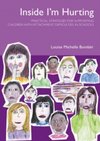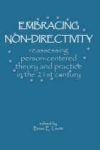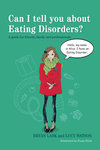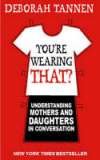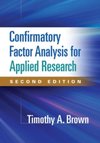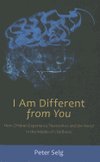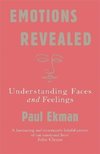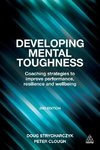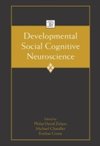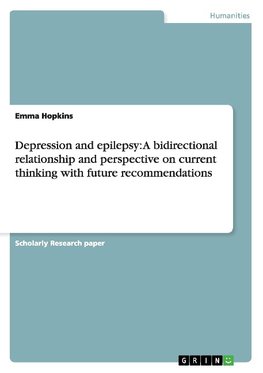
Depression and epilepsy: A bidirectional relationship and perspective on current thinking with future recommendations
Research Paper (undergraduate) from the year 2012 in the subject Psychology - Clinic and Health Psychology, Abnormal Psychology, grade: 1st, Royal Holloway, University of London (Department of Psychology), course: psychology, language: English, abstract:... Viac o knihe
Produkt je dočasne nedostupný
16.65 €
bežná cena: 18.50 €
O knihe
Research Paper (undergraduate) from the year 2012 in the subject Psychology - Clinic and Health Psychology, Abnormal Psychology, grade: 1st, Royal Holloway, University of London (Department of Psychology), course: psychology, language: English, abstract: Depression is common in epilepsy, but few studies investigate this relationship (Lambert et al, 1999). The purpose of this paper is first to examine the reasons behind the failure to diagnose and treat depressive disorders in epilepsy, and second to identify a clinical and research agenda that will advance understanding of the nature of this comorbid illness. This paper uses literature identified through a non-systematic search in PubMed and the authors own clinical experience with this patient group. Findings indicate epilepsy and depression exist as a co-morbid illness, with the prevalence of depression being almost twice as common in people with epilepsy compared to the general population. Alongside this, episodic seizures and a diagnosis of epilepsy are more common in individuals diagnosed with a depressive disorder than among those undiagnosed. In many of these patients depression affects their quality of life more severely than the seizures themselves, as indicated by increased suicide rates in this population group. Diagnosing depression in epilepsy may be difficult because the symptoms are somewhat atypical and appear episodically. Depressive symptoms may be temporarily related to seizures (ictal or peri-ictal) or more often, independent of seizures (interictal). This phenomenon may be explained by evidence of pathophysiological mechanisms common to both disorders. Antidepressants can, in some cases, reduce the seizure threshold, but SSRI's do this to a little or negligible extent. Therefore these drugs are recommended as a first line of treatment for depression in people with epilepsy. Overall depression is not found to be simply a reactive process to epilepsy. There appears to be a bidirectional relationship between epilepsy and depression, as both conditions increase the risk of developing the other. Recommendations for future practice are suggested. Implications for future research include the need to investigate treatment modalities with the same scientific rigor used in any neuropsychiatric disorder and its control.
- Vydavateľstvo: GRIN Verlag
- Formát: Paperback
- Jazyk:
- ISBN: 9783656825890

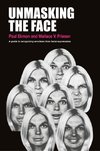
 Anglický jazyk
Anglický jazyk 